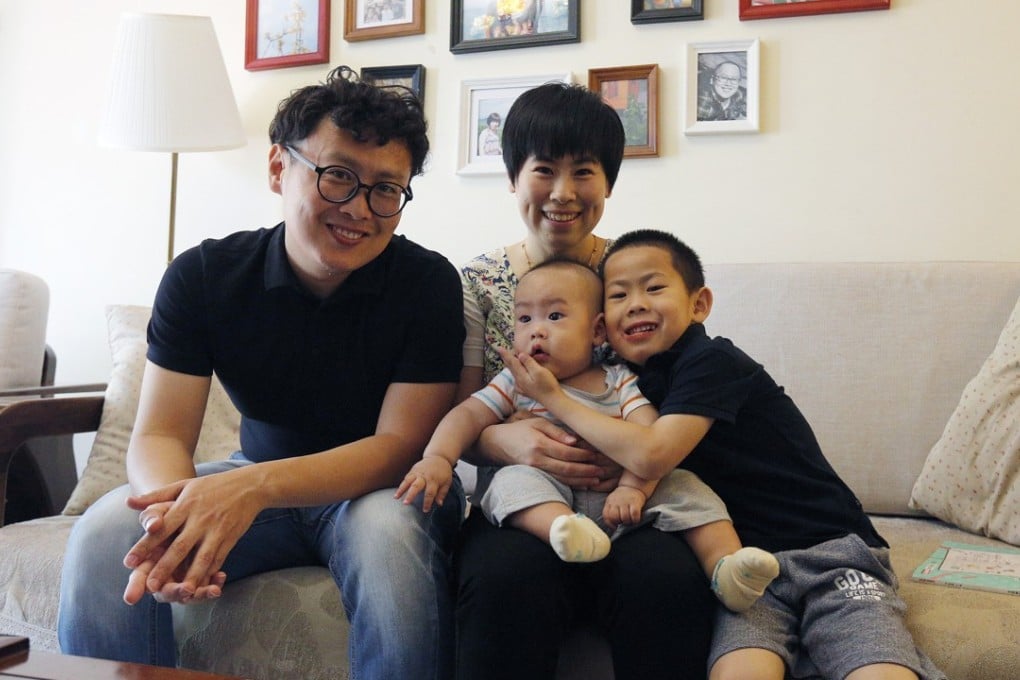Why Chinese couples, including those in Hong Kong, are right to choose marriage over cohabitation
W. Bradford Wilcox says research shows that children are far more likely to prosper in stable families, and a relationship cemented by marriage vows is likely to last longer

Across the West – from the UK to the US, and from Canada to Chile – cohabitation is on the march and marriage is in retreat. One indication of cohabitation’s advance: in all these countries, more than 20 per cent of children are born to cohabiting couples. As of now, however, cohabitation has not established a major beachhead in East Asia, especially when it comes to childbearing. The share of children born to cohabiting couples in East Asia – including mainland China and Hong Kong – is negligible. That’s good news.
Loveless Hong Kong: The elusive quest for romance in city with a growing number of singletons

We can debate the merits of cohabitation for adults. Some believe it’s a good way to maximise your freedom before settling down or to test the waters before marriage, all in ways that pose no risk to your future marital prospects. Others think it can prematurely lock you into a suboptimal relationship or degrade your capacity to commit to a marriage down the road.
How Hong Kong’s children of unwed parents miss out in a break-up

What’s more, when we looked at trends in more than 60 countries across the globe – from South Africa to Mexico – we found that family instability generally increases in countries as cohabitation advances. In these countries, over the past two decades or so, every percentage point increase in the share of children born to cohabiting couples was linked to a decline of 0.27 percentage points in the share of children living with both biological parents around the age of 12. In other words, as marriage loses ground, boys and girls are more likely to be exposed to family instability and single parenthood.
Freedom and flexibility also translate into less commitment, less trust, less fidelity and, especially, less stability
Of course, cohabitation is increasingly popular because it provides men and women with more freedom and flexibility in their relationships. But freedom and flexibility also translate into less commitment, less trust, less fidelity and, especially, less stability. And from a child’s perspective, that’s all bad news.